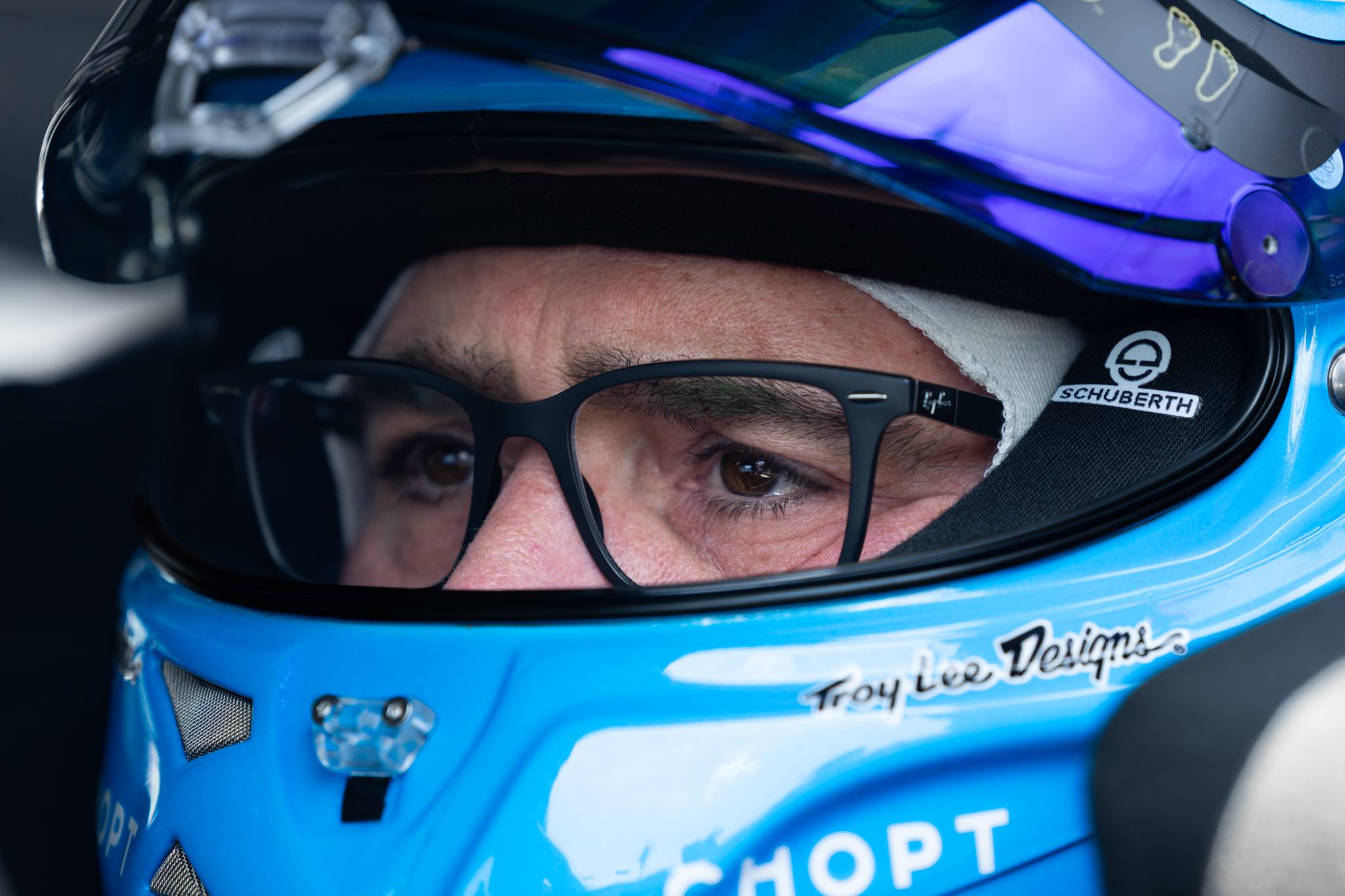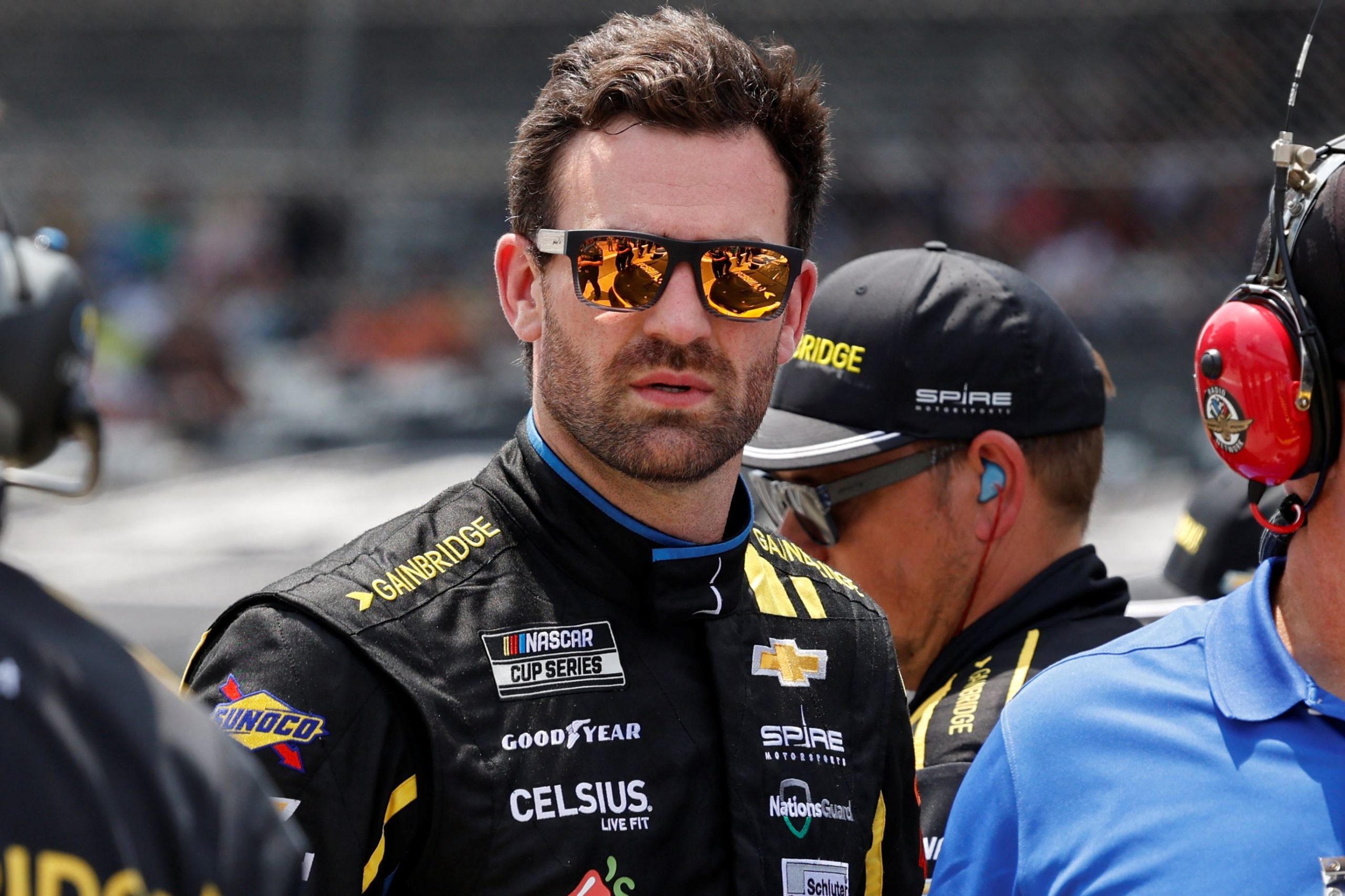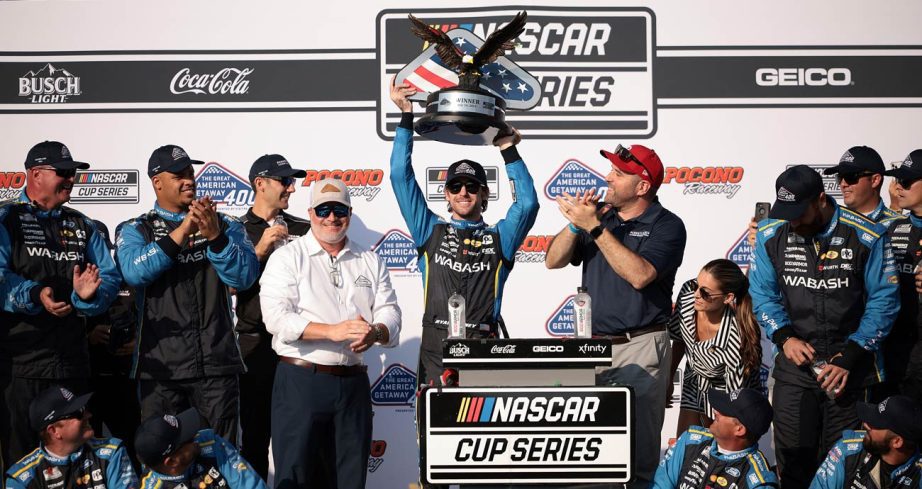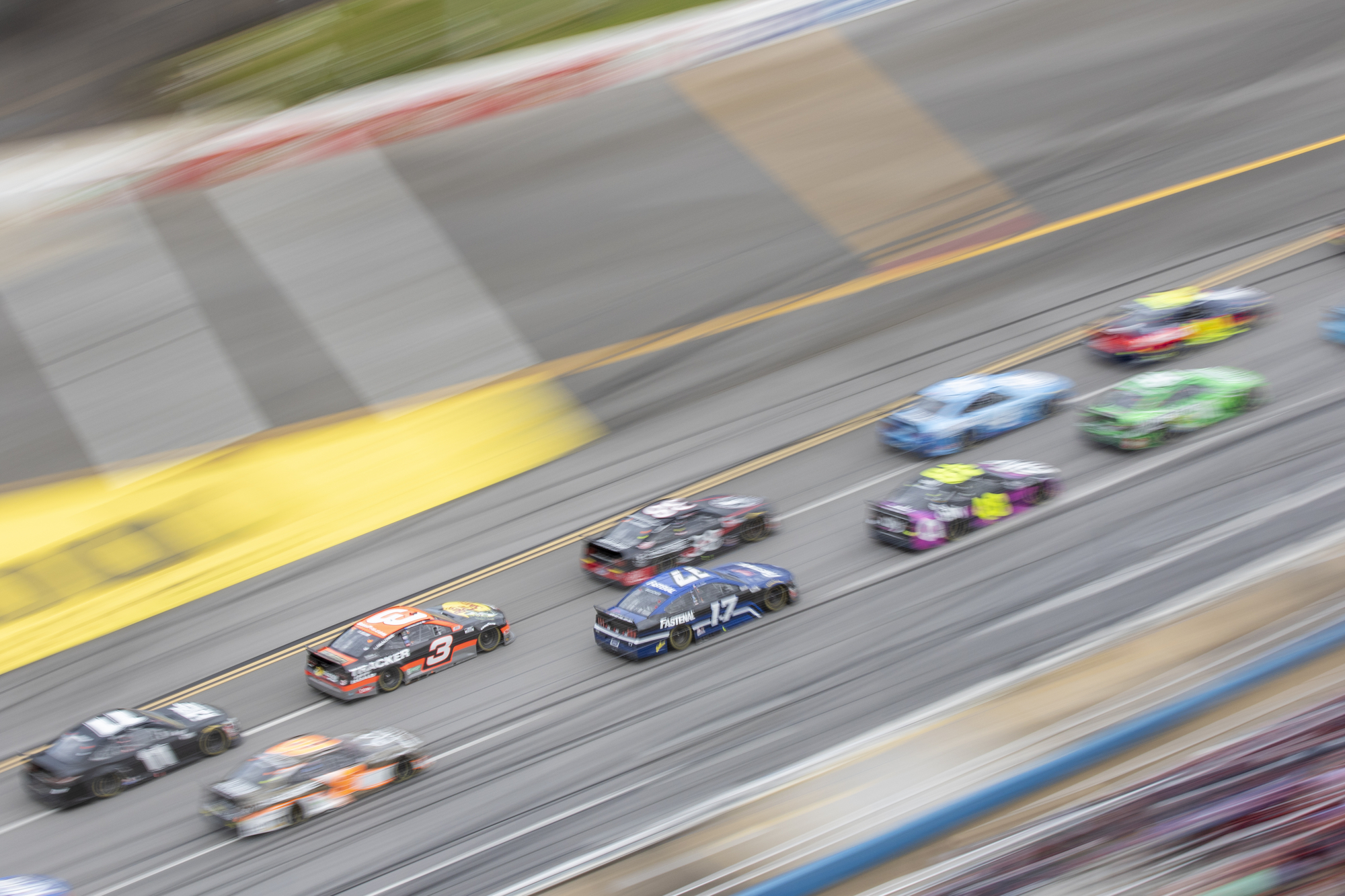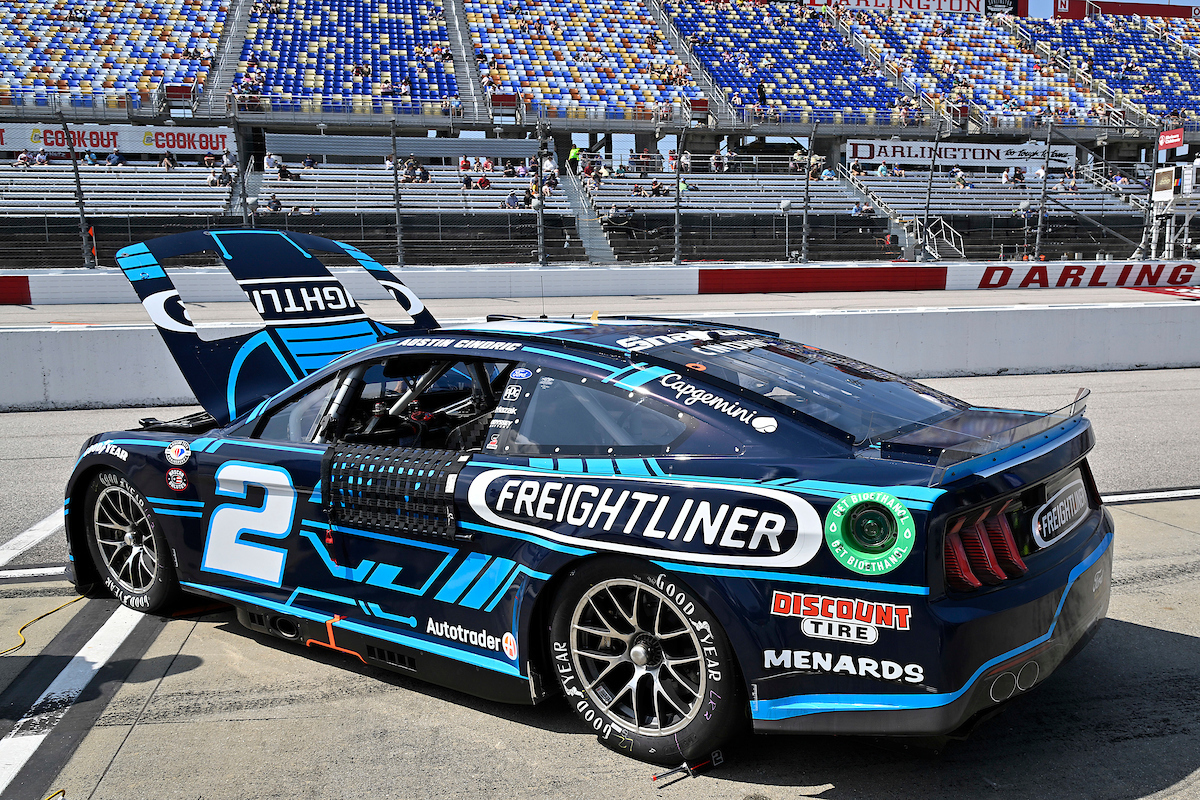Why are there only 3 car brands in NASCAR?
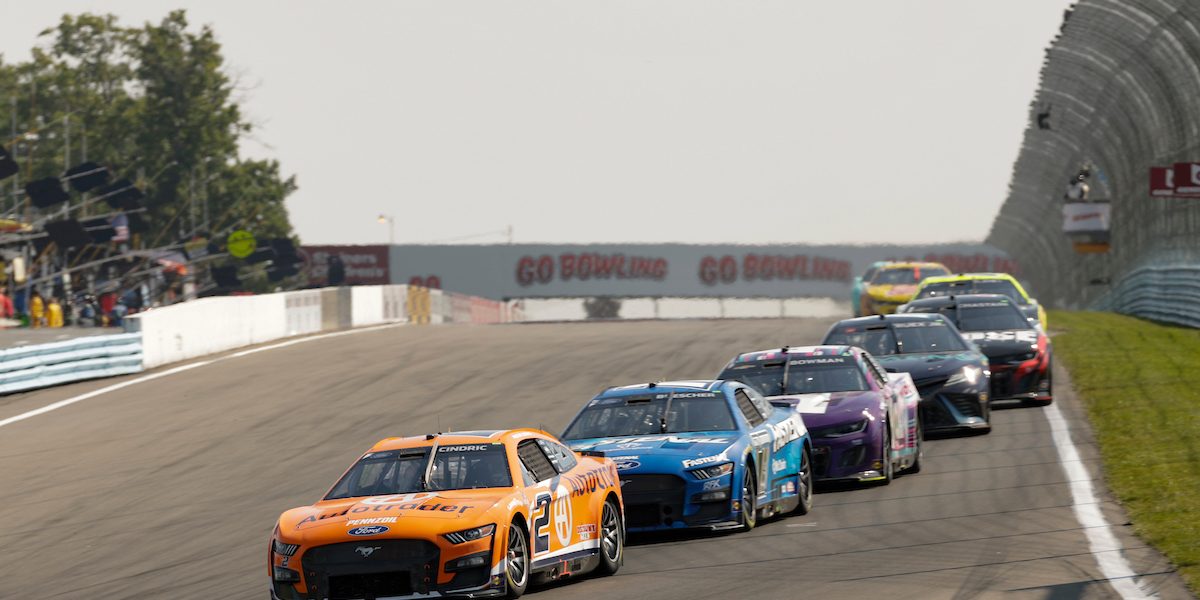

NASCAR, one of America’s premier motorsports, currently features just three car manufacturers: Chevrolet, Ford, and Toyota. This limited representation raises an intriguing question: why are there only three car brands in NASCAR? The answer lies in a combination of historical legacy, economic factors, and the specific demands of the sport.
Historically, NASCAR has been dominated by American manufacturers. Chevrolet and Ford have deep roots in the sport, with decades of participation and a strong fan base. Toyota, although a relative newcomer, has successfully integrated into the NASCAR ecosystem since its entry in 2007. Economic considerations also play a crucial role. The costs associated with developing and maintaining a competitive NASCAR team are substantial, and the return on investment must justify these expenses. Additionally, NASCAR’s stringent regulations and the need for extensive technical support make it challenging for new manufacturers to enter the fray. This combination of tradition, financial investment, and regulatory hurdles helps explain why only three car brands currently compete in NASCAR.
In this article, we will delve deep into the reasons behind this limitation, exploring the history, regulations, and the intricate dance of business and branding that has led to this scenario.
Table of Contents
A Detailed Explanation of NASCAR’s Car Brand Limitation
The History Behind the Dominance
In the early days of NASCAR, the variety of competing brands was much larger. However, as the sport grew in popularity and the stakes increased, the dynamics began to change. Sponsorships, partnerships, and brand endorsements played a crucial role in determining which brands would stay on the forefront. Over the decades, certain brands began to dominate due to their racing performance, commitment to the sport, and strong business strategies.
Regulations and Standardization
NASCAR is unique when compared to other racing formats. The sport has specific regulations aimed at ensuring competitive balance. This means that the cars, regardless of the brand, need to have similar aerodynamics, weight, and power. While many brands can theoretically adjust their vehicles to fit these regulations, only a few have chosen to make the necessary investments. Over time, this has resulted in only a handful of brands being consistently represented on the track.
The Business Aspect
For a car brand to be part of NASCAR, it isn’t just about meeting technical specifications. The brand also needs to consider the financial and marketing aspects. Engaging in NASCAR is a significant investment. Between R&D, building competitive vehicles, and sponsoring teams, the costs can be astronomical. Only brands that see a clear return on investment in terms of branding, visibility, and sales tend to stay in the game.
Here’s everything else you need to understand about the limited car brand presence in NASCAR.
The Dominant Trio: Who Are They?
Chevrolet
As one of the pioneering brands in NASCAR, Chevrolet, often referred to as “Chevy,” has been a constant presence since the early days. With numerous championships and race wins under its belt, Chevy’s commitment to the sport is undeniable. The brand’s dedication to R&D and close collaboration with racing teams has enabled it to remain a competitive force on the track.
Ford
Another iconic brand in NASCAR is Ford. With its rich racing heritage, Ford has always been a brand synonymous with speed and performance. Through strategic partnerships and sponsorships, Ford has maintained a dominant position in NASCAR, ensuring its vehicles are always in the limelight and in contention for championships.
Toyota
The newest among the three, Toyota made its entry into NASCAR in the mid-2000s. Despite initial skepticism due to its non-American origin, Toyota quickly proved its mettle by investing heavily in the sport and working closely with established racing teams. Today, Toyota is a force to be reckoned with in NASCAR, challenging the dominance of Chevy and Ford.
The Evolution of Brands in NASCAR
Early Entrants and Departures
NASCAR’s origin dates back to the late 1940s, and initially, it had a diverse range of car brands competing, many of which are no longer present. Brands like Plymouth, Dodge, and even Hudson had their moments of glory in NASCAR. Over time, various factors like changing market dynamics, brand strategies, and the global automobile landscape influenced the exit of some of these names.
The Impact of Globalization
As the world became more connected, so did the world of motorsports. Brands that once focused solely on their domestic markets began to recognize the value of global recognition. For some, this meant entering NASCAR, while for others, it meant consolidation of resources and pulling out. The entrance of Toyota, a Japanese brand, is a testament to this global shift. It marked the blending of traditional American motorsport with international automotive powerhouses.
Modern Challenges and Adaptations
The automobile industry has been undergoing significant changes in recent years. With the rise of electric vehicles, autonomous technology, and changing consumer preferences, brands have been forced to rethink their strategies. While NASCAR remains a bastion of traditional combustion engine racing, the future might see more brands entering as the sport itself adapts to the changing times.
Here’s everything else that contributes to the fascinating world of car brands in NASCAR.
The Role of Sponsorships and Branding
Financial Implications
Participating in NASCAR isn’t just about having a fast car; it’s also about managing the financial challenges that come with it. Sponsorships play a crucial role in offsetting these costs. Brands that can secure lucrative sponsorship deals have an easier time managing the expenses of R&D, team salaries, and other logistics. This financial cushioning often dictates which brands can stay in the race long-term.
Brand Visibility and Recognition
Being in NASCAR provides car brands with immense visibility. Every race is an opportunity for brands to showcase their capabilities, not just in terms of speed, but also reliability and performance. Brands that consistently perform well in races enjoy a reputation boost, which often translates to better sales and market share.
The Delicate Balance
Brands in NASCAR walk a tightrope between performance and marketing. While winning races is essential, so is ensuring that the brand is portrayed in the right light. This includes everything from the design of the car, the choice of drivers, to the messaging during races. A well-executed branding strategy can elevate a brand’s position both on and off the track.
The Future of Brands in NASCAR
Embracing New Technologies
With the global automotive landscape leaning heavily towards green technologies like electric and hybrid vehicles, the future might see NASCAR incorporating these into their races. If this shift happens, it could open doors for other car brands that are at the forefront of electric vehicle technology to enter the scene, thus breaking the dominance of the current trio.
The Global Expansion of NASCAR
While NASCAR remains predominantly American, its global viewership is on the rise. As the sport gains traction in international markets, there’s potential for non-American car brands to consider participation more seriously. This could bring European or even other Asian car manufacturers into the fold, diversifying the brand lineup.
The Balance Between Tradition and Evolution
NASCAR has a rich history, and its traditional roots are one of its biggest strengths. However, to remain relevant in the future, there will be a need to strike a balance between preserving its heritage and embracing change. The car brands that can navigate this balance while staying in tune with NASCAR’s evolving ethos will be the ones that thrive.
How many car companies are in NASCAR? – Final Thoughts
You’ve embarked on a journey into the world of NASCAR, diving deep into the reasons behind the dominance of only three car brands. As with many aspects of the global sports and business landscape, the answer isn’t straightforward. It’s a blend of history, regulations, business decisions, and the ever-evolving nature of motorsports. But as you’ve seen, NASCAR is more than just a race; it’s a testament to brand strategy, resilience, and the passion for speed. As the engines roar and the tracks light up, you can be sure that the story of brands in NASCAR is far from over. Stay tuned, and always be ready for the next exciting lap!
How many car companies are in NASCAR? – FAQ
Why did other car brands leave NASCAR? Many left due to financial reasons, strategic decisions, or shifts in the broader automotive market.
Are there any plans for NASCAR to introduce electric vehicles? While there’s been speculation and interest, as of my last update in 2021, there’s no official word. However, the trend globally might influence future decisions.
How do new brands get approval to enter NASCAR? Brands need to meet specific technical and regulatory criteria and be willing to make the necessary financial and strategic investments to be considered.
Did the “stock car” origin play a role in brand selection? Originally, NASCAR was about “stock” or everyday cars. This concept meant that earlier, more brands could participate, but as regulations and strategies evolved, the brand diversity reduced.
How influential are sponsors in determining which brands participate? Sponsors play a significant role as they provide financial backing. A strong sponsorship can influence a brand’s decision to participate and its longevity in the sport.

